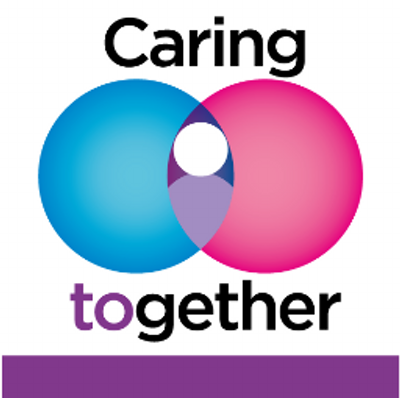Ying Li
Professor Patricia Lynch
June 8, 2018
Reflection on Leadership Observation
I obtained my registered nurse license in March of 2018. When I was in the associate nursing program, a single goal of passing the NCLEX exam occupied my daily life. After I obtained the license, more complex thoughts related to nursing practices occurred in my mind, such as knowledge-competency related to unique care, cultural-competence related to unfamiliar populations such as Hasidic Jews and interpersonal communication skills with collaborative healthcare teams. I am looking forward to starting my first job as a registered nurse later this month. However, I haven’t started my first day on the floor as an RN and am now being assigned to a nurse manager as a leadership student. It makes me feel that I have imposter syndrome.
On June 7, 2018, I was assigned to Ms. Janice Wise, who is the nursing manager on the New Building 5 at Maimonides Hospital. Beyond my expectation, she has an easy-going personality and is willing to share her stories. Her friendly demeanor relaxes me and drives me to ask questions. Ms. Wise invited both Kadian and me to her morning round meeting. There were four resident physicians, one social worker, and four registered nurses. I am surprised that Ms. Wise led the meeting as a nurse manager. From this moment, I have a clearer concept of the leadership role of a nurse manager.
Ms. Wise communicated collaboratively with the medical team about each client’s plan of care, including diagnostic tests, discharging referral, dialysis arrangement and nursing home arrangements. Staff registered nurses reported their clients’ medical status as well as advocated each client’s specific concerns and requests. Beyond patient-center care, the healthcare team discussed their communications with families of clients, which posted some obstacles related to the delivery of care due to varying family member’s points of view. For example, one physician mentioned that she was being questioned about her medical treatment from a client’s grandson, who is a pharmacist. Another interesting dynamic of conversation disagreement I observed during the meeting was from a senior physician and the social worker about the prescription of medicine for a discharging client. This client was hospitalized without insurance and is medically stable to be discharged. The senior physician, who is responsible for this client, wanted to prescribe a medicine with the client’s discharge. However, the social worker held an opposite opinion by questioning how necessary the prescription was. As the debate was further discussed, the social worker explained extra paperwork would be required from his chain of command regarding medicine expenses to clients without insurance coverage. At that point, I was shocked because my understanding of asocial worker is to carry out arrangements for discharging clients. As this conversation heated up, Ms. Wise stated she agreed with the physician that this client needed the prescription. The physician then stated he will decrease the dosage of the prescription thus to reach a lower cost and the social worker accepted this solution plan. In my observation, Ms. Wise carried out her leadership role as a nurse manager to express her support to the physician in this case. Personally, I stand on the same side as Ms. Wise’s decision and feel the powerful leadership role of a nurse manager. Even though the meeting lasted only about one hour, I have learned from Ms. Wise how to professionally lead a meeting, to collaborate in working with the healthcare team, and to solve a disagreement by professionally presenting a nurse manager’s rationales.



